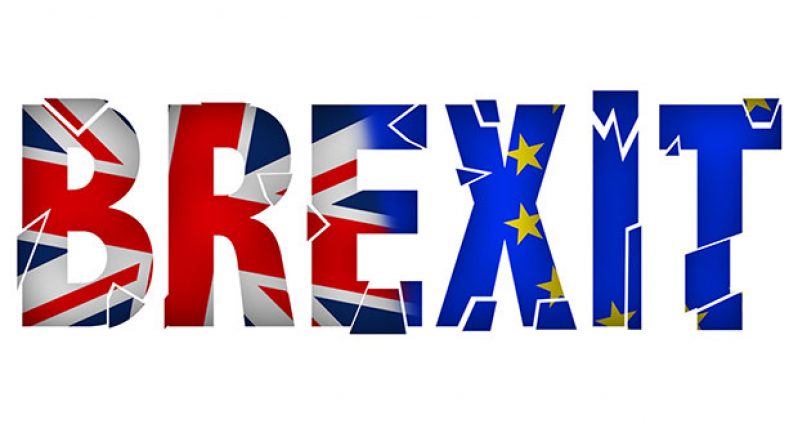‘Brexit’ on agenda for C’bean Leaders Guyana meeting
BRITAIN’S exit from the European Union has left such anxiety within the Caribbean integration movement that “Brexit” will form part of the agenda for the July CARICOM Heads of Government meeting in Guyana.“There is an anxiety over the exit, and we have concerns because the United Kingdom is a considerable player in the arrangements in the European Union,” CARICOM Secretary-General (SG) Irwin LaRocque said on Saturday in discussion with reporters at the Foreign Service Institute.
“The relationship with Europe is strong…I do not see something catastrophic happening overnight; the situation has to evolve,” the CARICOM chief assured as he noted that CARICOM is not without friends in the EU.
By a small majority, the United Kingdom voted two days ago to exit the European Union (EU), reducing that political and economic bloc to 27 member states. Now that the UK referendum is over, ending years of debate that could be traced back to the UK’s Margaret Thatcher administration from 1979 to 1990, the country’s government must activate Article 50 of the EU Treaty, which spells out the procedure for countries to follow in quitting the 28-country political and economic bloc.
Guyana’s Foreign Affairs Minister, Carl Greenidge, told reporters some time ago that in the short-term he does not foresee any consequences which would affect trade between Guyana and the European Union.
As one of the countries grouped in the African, Caribbean and Pacific (ACP) bloc, Guyana, like sister countries in the CARICOM movement, benefits from funding from the European Development Fund (EDF).
Greenidge acknowledged the UK’s role as not only a CARICOM voice in the EU, since most of CARICOM’s member states were former British colonies, but also as “a significant contributor to the budget of the European Union.”
Now that the UK has opted to quit the 28-member EU, that country must activate Article 50 of the EU Treaty, which spells out the process for exiting. The process that finalises the UK’s exit could last some two years.
Immediately following the ‘Brexit’ announcement, Britain’s Prime Minister David Cameron announced his resignation, after just winning his second term in office.
Cameron’s resignation takes effect from October, when a conference of his Conservative Party would decide who is that country’s next leader.
PM Cameron said he would guide his country through the process of severing ties with the EU, but would step aside to allow for younger leadership to steer the country into its next stage.
The EU released a statement in the wake of the unprecedented vote in favour of a country leaving the 28-member political and economic bloc, which could be traced back to 1973.
The EU has since called for Britain to move swiftly with its negotiation process so as to not create any uncertainty against the historic vote.
At the same time, the EU maintains that negotiations with the UK will conclude areas for continued and future collaboration.
The CARICOM Heads of Government Summit will open at the National Cultural Centre on July 4, and will go until July 6. The region’s leaders and a few other international figures, including Chilean President Michelle Bachelet, will be present at that meeting.



.jpg)








